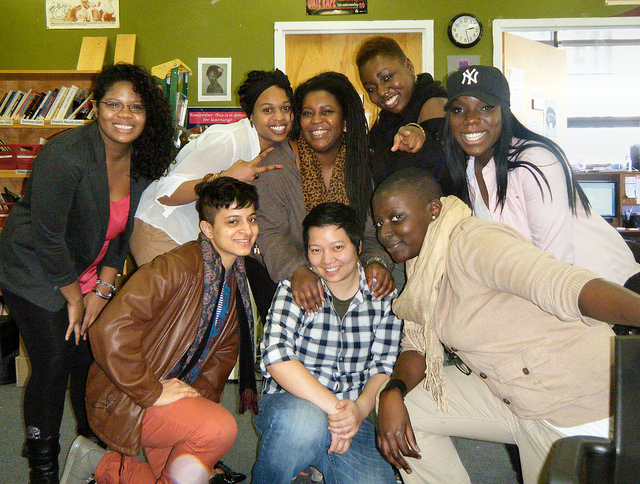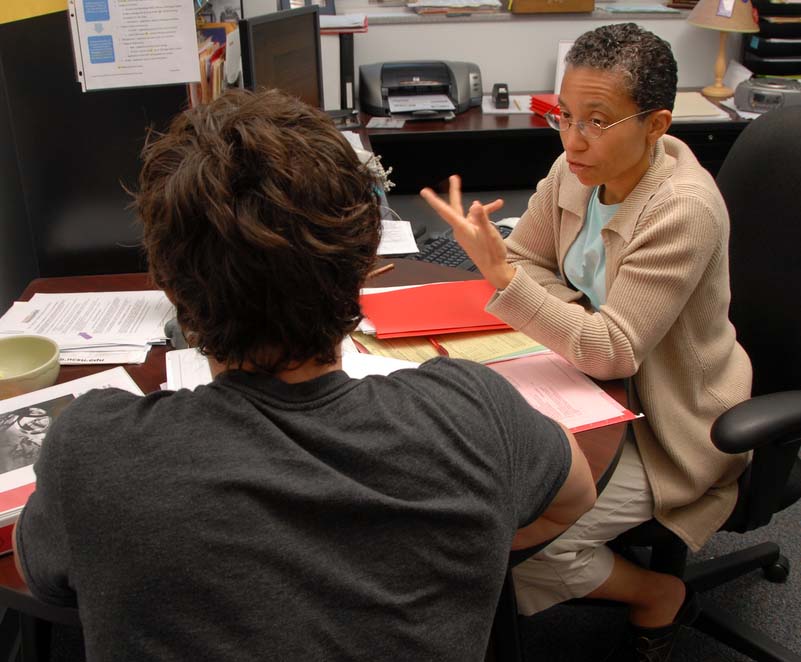
In African America: What The Media Won’t Tell You, I wrote about growth in the African American population from “The Untold Story” – a Nielsen Corporation report. There are other important facts about us in this report I want to share with you. First, African Americans are, on average, younger than the non-hispanic white population – 31.4 years for African Americans versus 39 years for non-hispanic whites in America. This means that advertisers have a longer period to build brand loyalty with African Americans and that we should be careful about what companies we have long term relations with. Our dollars will be even more important to them in the future so we should spend them carefully.
This will be even more important in the future because Blacks in America are going to college in greater numbers than Whites in America – 70.9% of black high school graduates versus 67.3% for non-hispanic whites. This means we will consume longer with more money to spend because we are better educated. The impact of more Blacks going to college is also reflected in the increased African American presence in the STEM disciplines. In 2011, 6% of STEM professionals were Black up from only 2% in 1970.
Finally, Blacks in America are not just focused on making and spending more money. As our incomes rise at faster rates than non-hispanic whites, so does money allocated for the future in categories such as insurance policies, pensions and retirement savings. This is important because too much black wealth has been in real estate instead of financial assets. That’s why the real estate bubble that started the recession we’re recovering from now greatly reduced Black wealth in America.
This is just some of the information that shows African Americans will continue to play a more important economic and demographic role in American than what is shown in the media. Let me know what you think about this data. Next time I’ll share more information with you about how diverse the black population in America is. We’re not just one group of people.



